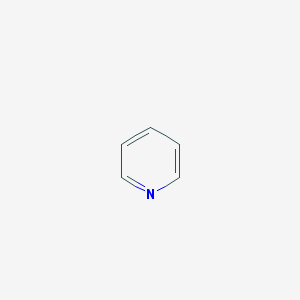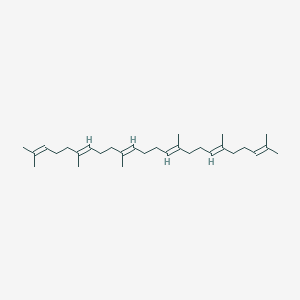Chinese researchers discover new 'gene therapy' that could slow aging
-
Last Update: 2021-03-08
-
Source: Internet
-
Author: User
Search more information of high quality chemicals, good prices and reliable suppliers, visit
www.echemi.com
are there aging regulatory genes in the human genome? What are the molecular mechanisms involved in the regulation of aging? Can these genes be "manipulated" at the molecular level to slow the body's aging? A new study by Chinese researchers gives new insights into important issues in the field of aging.After more than 6 years of efforts, the research team composed of Liu Guanghui of the Institute of Zoology of the Chinese Academy of Sciences, Qu Jing, Zhang Weihui of the Beijing Genomics Research Institute of the Chinese Academy of Sciences and Tang Fuhui of Peking University, for the first time identified new aging regulatory genes using the whole genome CRISPR/Cas9 screening technology, and developed a new type of "gene therapy", which provides important intervention targets and new strategies for delaying aging and preventing aging-related diseases. The results were published online July in the authoritative journal Science Translational Medicine.Zhang Weixuan, a researcher at the Beijing Genomics Research Institute of the Chinese Academy of Sciences, said the team targeted the adhesive viral vector of KAT7 by intravenously, reducing the proportion of senescies in the livers of aging mice, improving the health status of mice, and extending the lifespan of physiologically aged mice and premature aging mice. The results show that "gene therapy" based on single-factor ineration is expected to extend the life span of mammals.In addition, the study also found that knocking out KAT7 or using KAT7 inhibitors can delay the aging of human liver cells, and lead to aging-related inflammatory factors of expression and secretion levels decreased, suggesting the potential application of this intervention in human aging translational medicine. (People's Daily Overseas Edition)
This article is an English version of an article which is originally in the Chinese language on echemi.com and is provided for information purposes only.
This website makes no representation or warranty of any kind, either expressed or implied, as to the accuracy, completeness ownership or reliability of
the article or any translations thereof. If you have any concerns or complaints relating to the article, please send an email, providing a detailed
description of the concern or complaint, to
service@echemi.com. A staff member will contact you within 5 working days. Once verified, infringing content
will be removed immediately.







